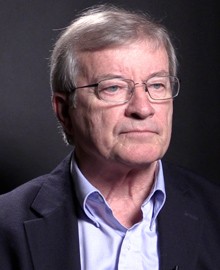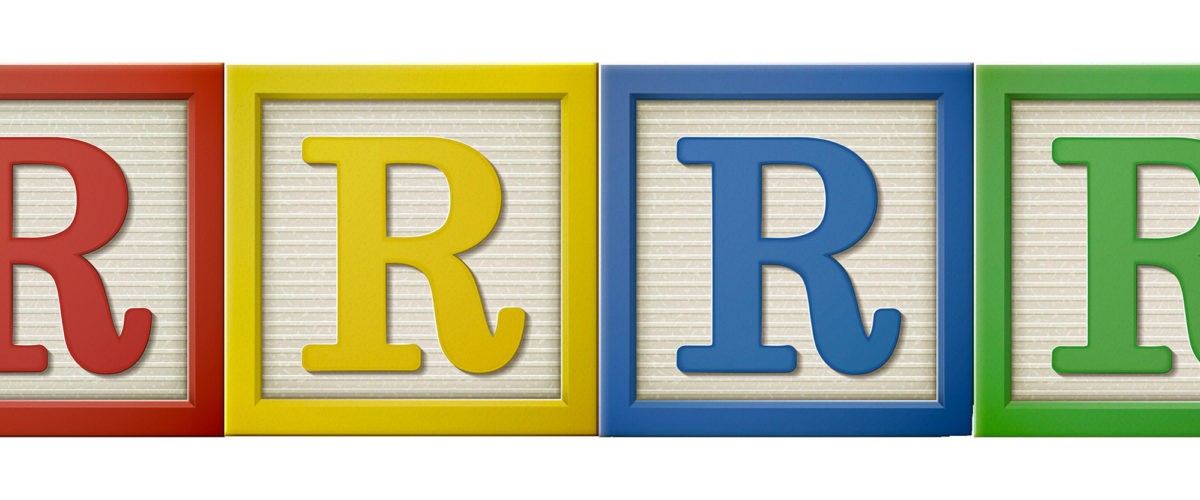“What does God need from white people now?”
That’s the question our friend and brother, James Forbes, posed recently to a group of white ministers in the Alliance of Baptists. I was asked to give the first response. Stunned by the directness of the question, I blurted out Micah 6:8 — “do justice, love mercy, walk humbly.” Justice is what God needs from us. It is God’s first priority.

Mel Williams
But how do we “do justice”? How do we stop talking about racial justice and start doing something about it? We’re in the middle of a time of awakening, a cracked-open time when more and more people are waking up to the call to disrupt racism. The danger is that we white folks can easily assume that when we think something or read something, we have done something. How can we get beyond reading the racial book-of-the-month and move toward real action toward antiracism?
Racism is insidious; it is embedded in all our systems, including the church. As a friend said after the all-white Jan. 6 invasion of the U.S. Capitol: “This is all about white people. White people started it, 400 years ago. White people enable it. White people perpetuate it. White people can stop it.”
We need a plan to stop the injustice, to end racial oppression. What does God need from white people now? In response to James Forbes’ question, I also offered four R’s, a frame for undertaking a serious, in-depth racial reckoning within the white church: Relationship, Remember, Repent, Repair.
Relationship. Once we have a genuine relationship with a person of color, racism no longer works. The big lie is interrupted — the lie that the lives of white people matter more than the lives of Black people. (See James Baldwin.)
“Once we have a genuine relationship with a person of color, racism no longer works.”
We belong together — boundless belonging, across every boundary. Relationship changes everything, beginning with our relationship with God. God needs us to be in oneness with God and one with each other in a circle of trust.
This means we in our churches must move beyond our comfort zones and build intentional relationships with people of color. That takes initiative and a commitment to being in the same space with each other. Building trust takes time and relentless intentionality. We must continually widen that circle of trust, especially listening to the voices of our Black sisters and brothers. The goal is the Beloved Community. Boundless belonging.
Remember: In community with each other, we move into a deep process of remembering. We remember the brutal history of slavery and ongoing racism. The trauma of George Floyd’s murder is connected with the trauma of lynchings and beatings suffered by Blacks at the hands of whites.
As James Baldwin says: “History is not the past; it is the present. We carry our history with us.” Baldwin further states: “White people are trapped in a history they do not understand; and until they do … they cannot be released from it.”
We white people need to dwell in memory, to confront our racial history with our hearts wide open to the pain and suffering that has been inflicted by white superiority.
“We white people need to dwell in memory, to confront our racial history.”
“The glorification of one race and the consequent debasement of another is a recipe for murder,” Baldwin says. Too often the murders of Blacks have been overlooked and covered up. “Don’t talk about it” too has often been an unstated norm, even in the white church. No longer!
American Christianity has been linked too long with deadly racism. It must be confronted. As Black scholar and mystic Howard Thurman wrote, “American Christianity has betrayed the religion of Jesus.”
We in the white church must now awaken to that betrayal and see our history with unvarnished clarity and honesty. “Remember” is a word carved on many communion tables in white churches. We need to remember our failures and remember the power that the religion of Jesus has provided for those “who live with their backs against the wall” of white supremacy.
Repent: Remembering leads us to lament and repentance. This is not a once-for-all transaction but ongoing, tearful, anguished lament — grief — over the deaths of George Floyd, Breana Taylor, Ahmaud Arbery, and so many others. Lament is a matter of the heart, allowing our hearts to be broken open.
Confession is a long-established value of the church. How do we, as white people, repent from our white privilege and white supremacy — our whiteness? For myself, I have been led to confess that I am a racist, not that I have ill will toward any person of color; but I am a racist because I am part of racist systems, including the church.
“I am a racist because I am part of racist systems, including the church.”
Our confession must include not only our personal failures in relation to our Black neighbors, but also our collective failure to confront the whiteness embedded in our church’s history, buildings, curriculum, decision-making and finances. Repentance first involves a fierce moral inventory of our corporate life as church. It’s an intentional reversal from our tortured past of racism and violence.
Repentance is a turning around, a metanoia, meaning going beyond our ego to a deeper shift in consciousness. It is a turn away from dualism — us and them — to a unitive consciousness that sees the oneness of God and God’s call for us to be one people.
Repair: After genuine repentance, we move to the essential work of repair. What action steps do we take to repair the harm of slavery and ongoing racism? This can be daunting and overwhelming; but inaction is unacceptable.
Some may move quickly to speak of reparations. Along with Kirsten Mullen, Sandy Darity, professor at Duke’s Samuel DuBois Center for Social Equity, has written a major book on reparations, From Here to Equality: Reparations for Black Americans in the Twenty-first Century. Darity insists that we reserve the word “reparations” for the federal government, the culpable entity for the policies of slavery and oppression.
As an act to repair, we support HR 40, the bill before the U.S. Congress to establish a reparations inquiry commission. While this reparations bill is a long-term effort, Darity urges that we develop local initiatives that are equity-enhancing, transformative strategies to reduce the shameful 10-to-1 racial wealth gap.
“The economic system of this country has been controlled largely by white privilege.”
Thus, repairing the harm means moving money from white coffers to Black-led businesses and initiatives. The economic system of this country has been controlled largely by white privilege. The time has come to transfer money to those who need it most. For the church, this may mean setting aside annually at least 10% of budgets and endowments that would be paid directly to local or national Black-led initiatives. This is not charity; it is a debt we owe.
As my African American colleagues tell me, “We know what our people need.” A goal of “repair” is for us to release white-privileged money to Blacks who need the economic power to close the racial wealth gap. Family endowment and other philanthropic funds can be released for the greater good of the Black community.
There are many other ways to repair the harm, including supporting community organizing efforts that address disparities in health, education, housing, employment and the criminal-legal systems. White church members can join collective organizing efforts that help people of color to build economic and political power. We know that we cannot reduce poverty without first addressing the underlying cause of poverty — racism.
These four R’s do not move in a linear way. We do not “finish” one R and then move to the next one. Consider them as a spiral, where we move back and forth, at different times needing further attention to each.
My friend Mahan Siler also adds a fifth R — Resolve. We are making a long-term commitment to the call to dismantle white supremacy and the brutality of ongoing racism.
May these four R’s provide a useful process to help us answer the question, “What does God need from white people now?”
Mel Williams is pastor emeritus of Watts Street Baptist Church in Durham, N.C. He previously served as associate pastor of Pullen Memorial Baptist in Raleigh, N.C., and pastor of Oakhurst Baptist Church in Decatur, Ga. He is currently coordinator of End Poverty Durham and is co-founder of the Religious Coalition for a Nonviolent Durham and co-founder of Peace Hill, a solidarity contemplative community.


